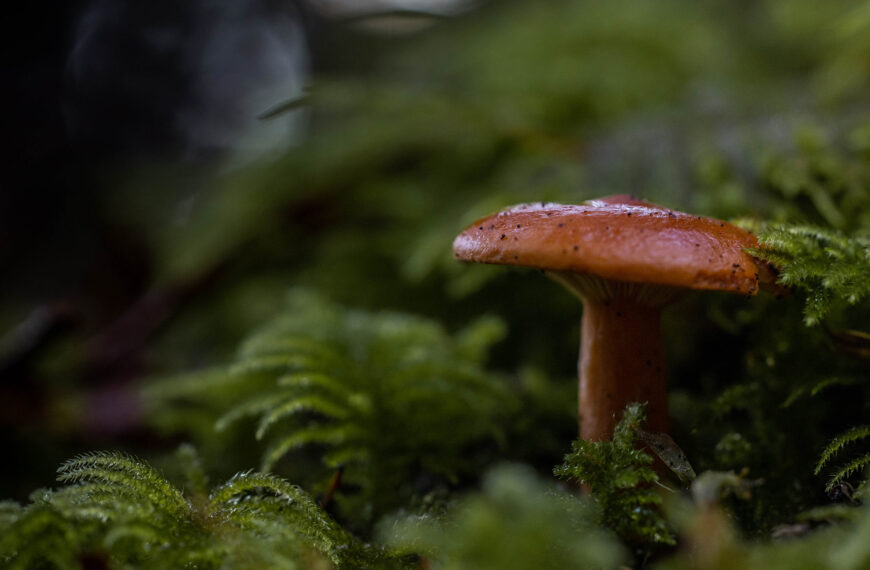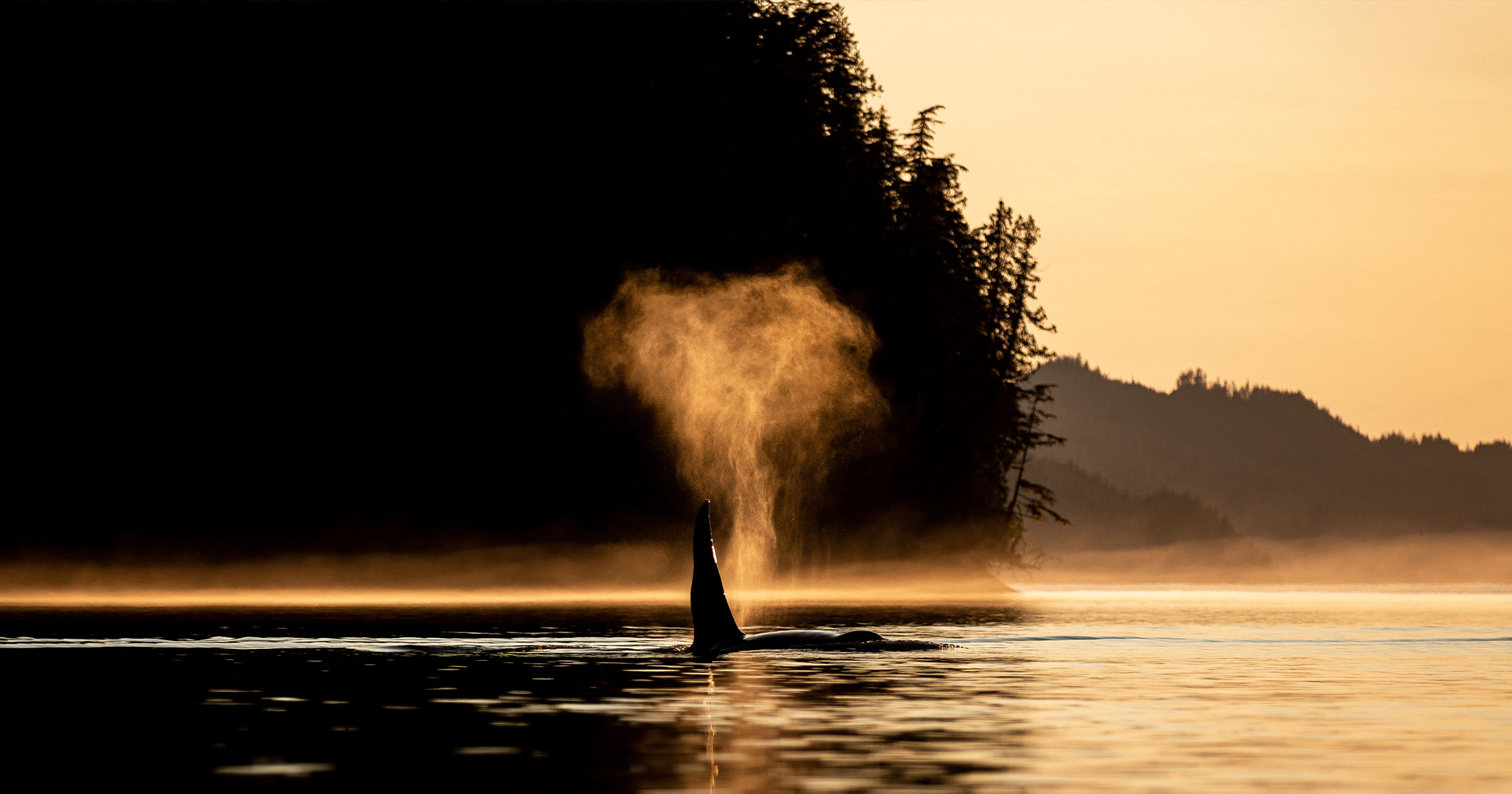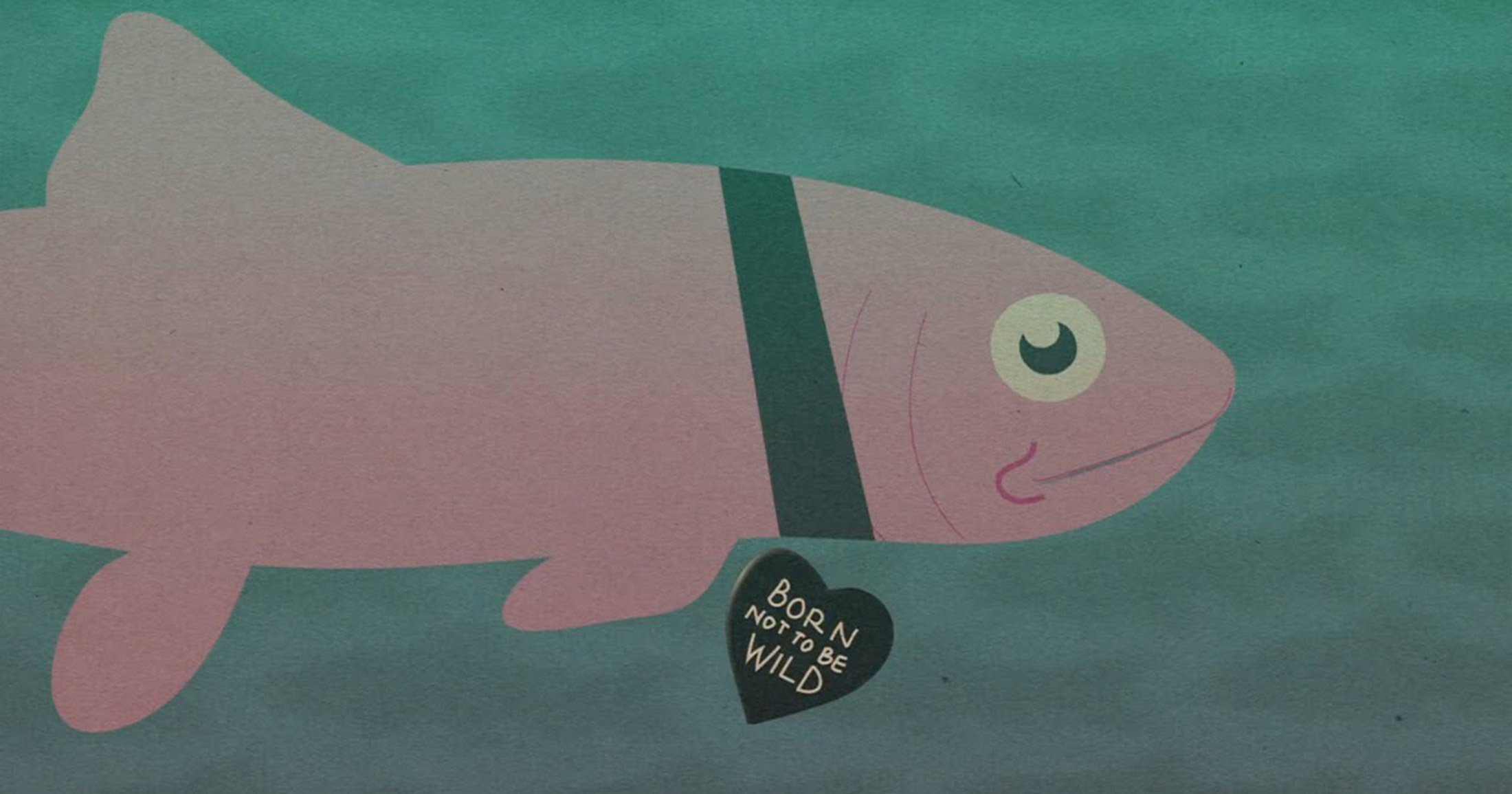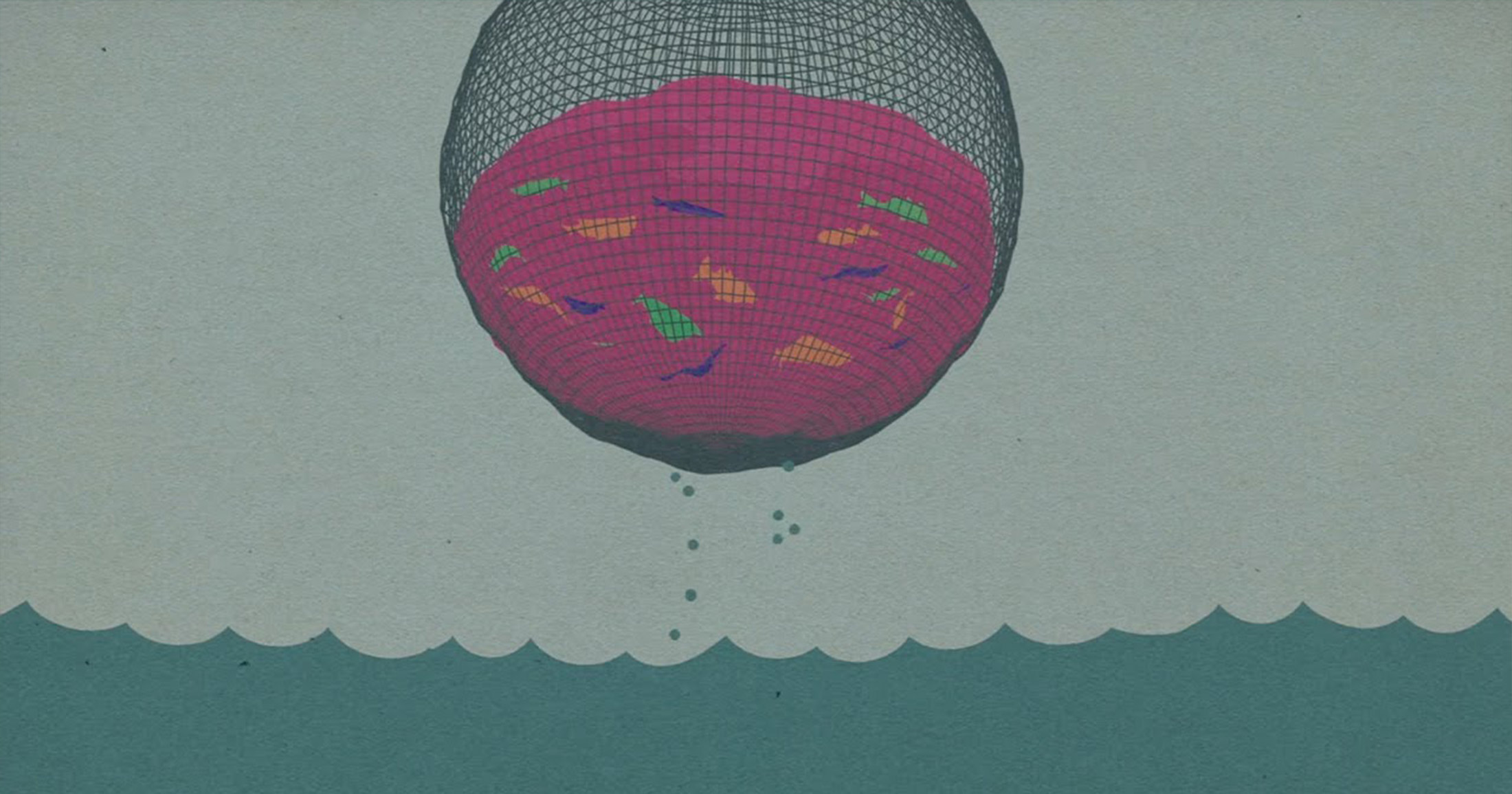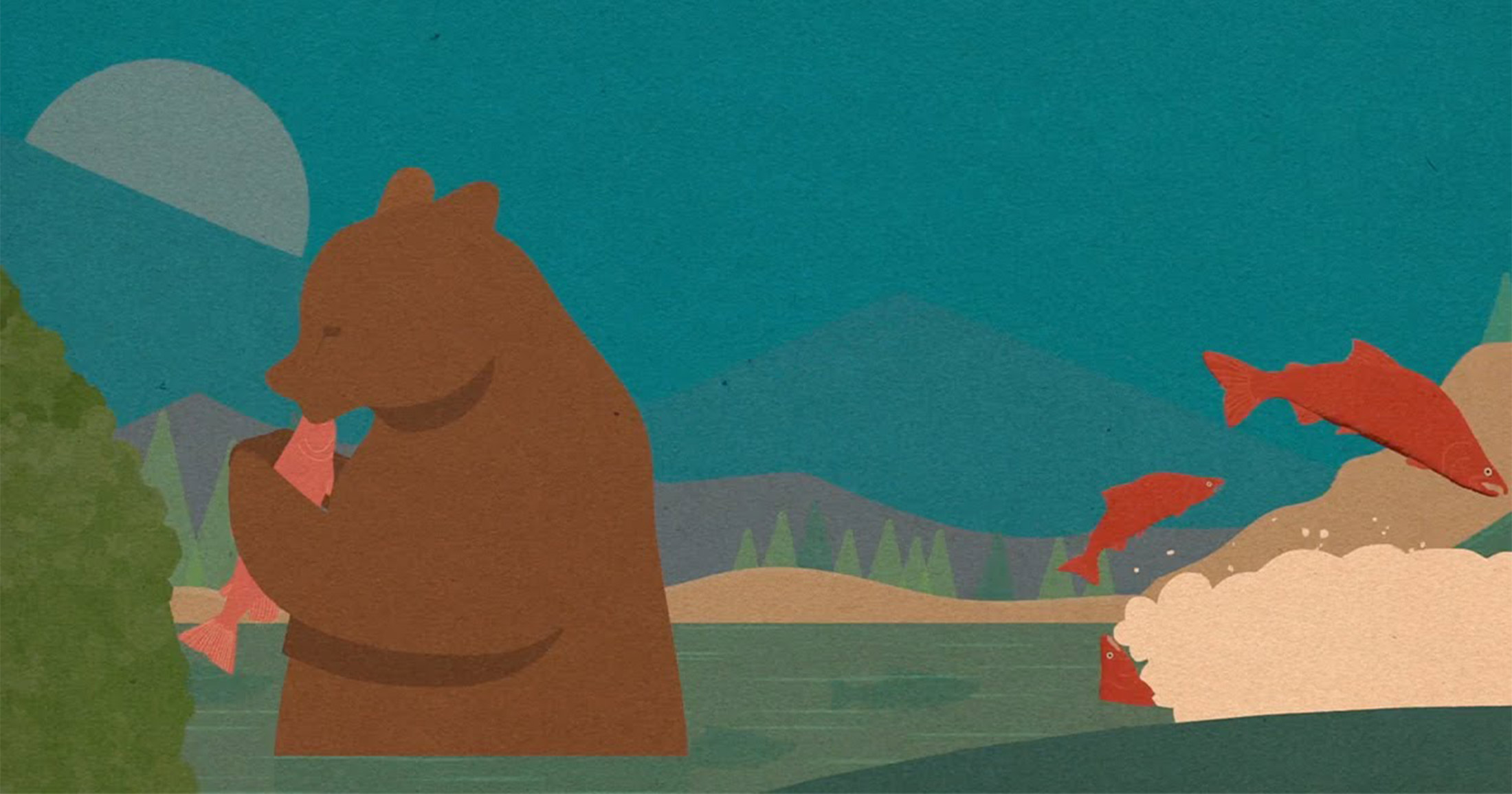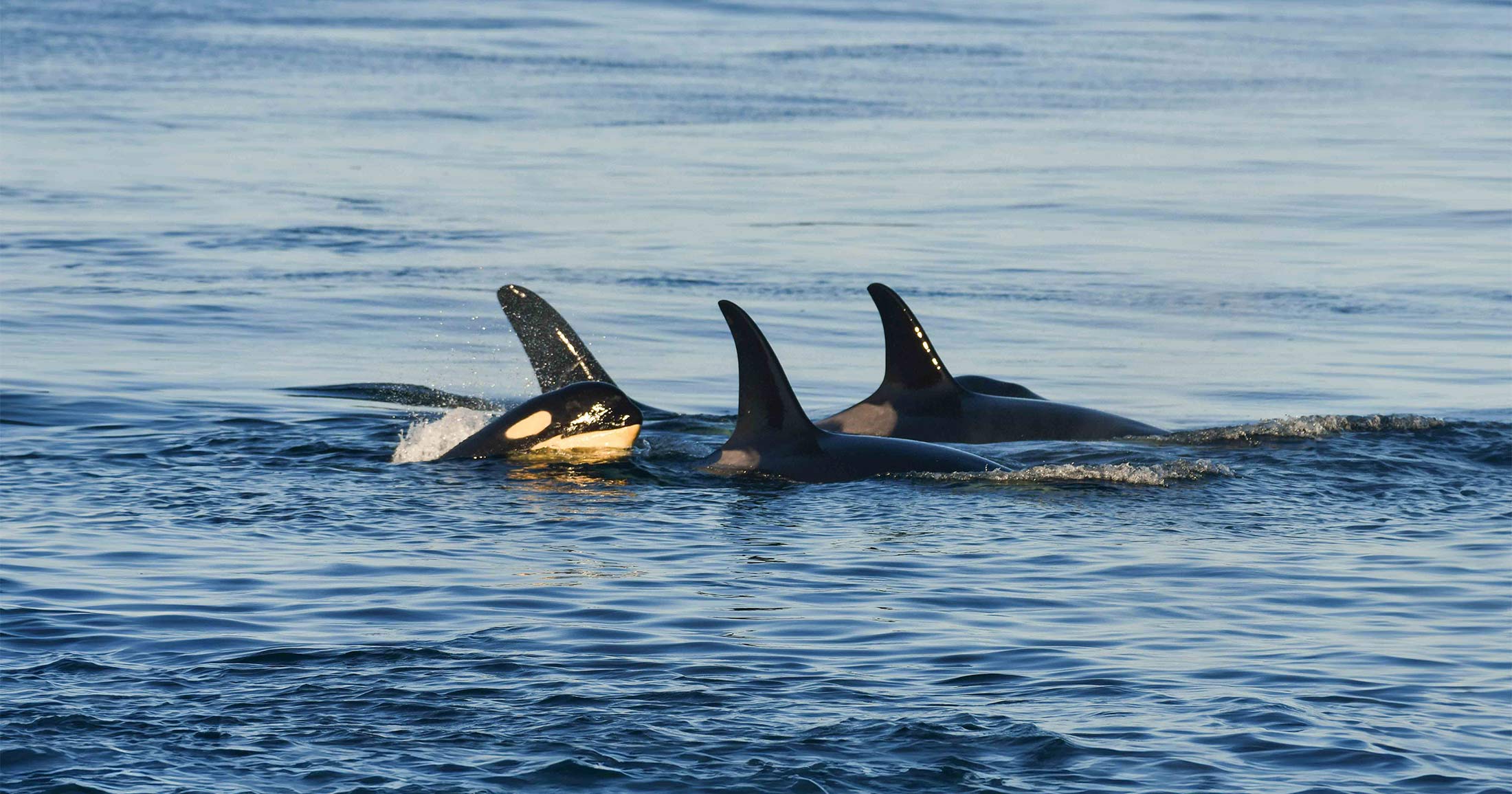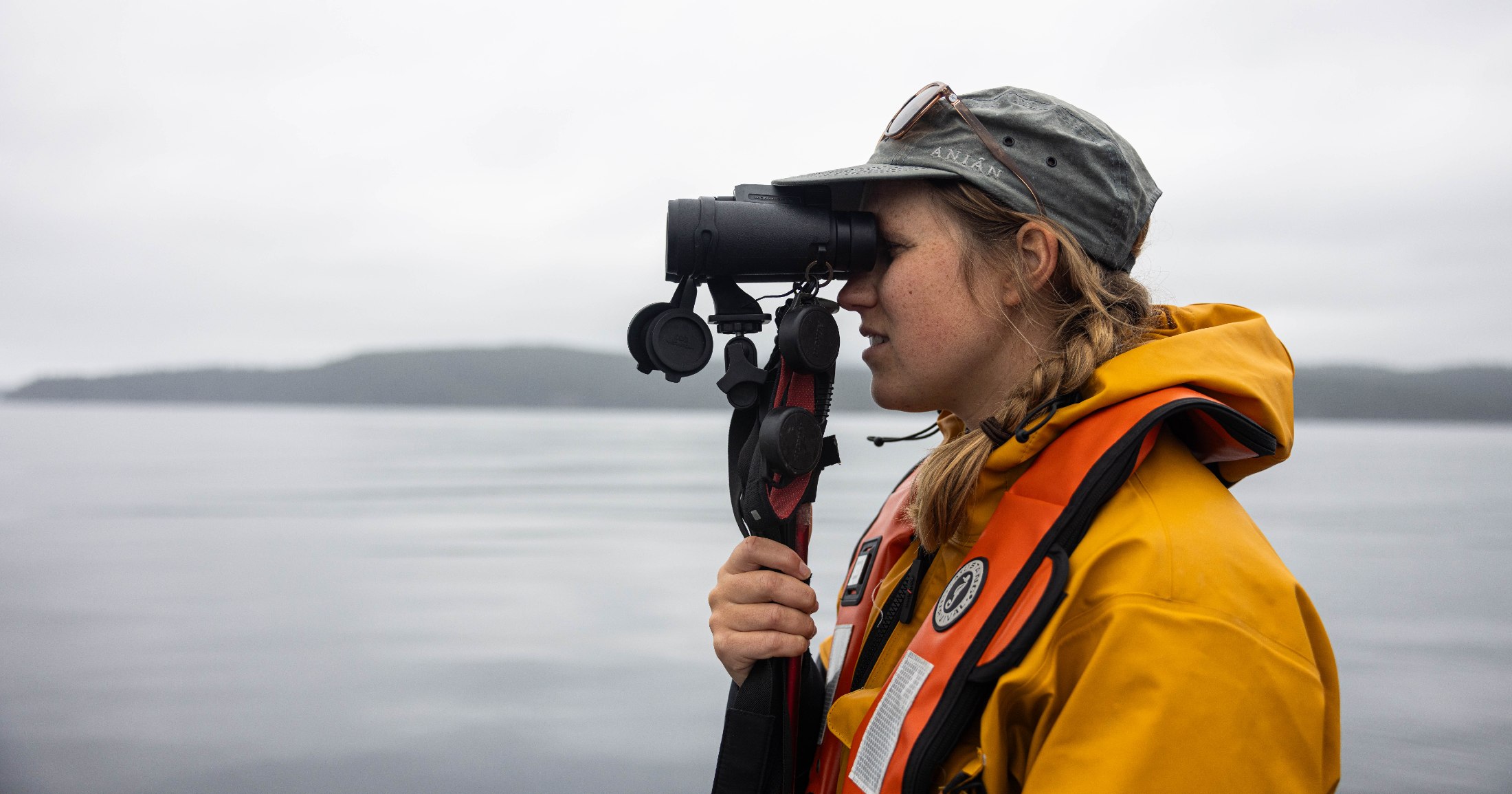Old growth clearcuts are pushing out deer
Victoria News
January 14, 2009
by Chris Genovail
Re: “Petition Calls For End To Old Growth Logging On Vancouver Island”
The Ministry of Environment has acknowledged that the Island’s cougar and wolf populations have been in decline as a result of a drop in the deer population, which is linked to the clearcut logging of old-growth forests and accompanying habitat loss and fragmentation.
Scientific studies published by the United States Forest Service in the temperate rain forests of southeast Alaska have stated that “short-rotation clearcut logging of old growth forests … will reduce habitat capability for Sitka black-tailed deer. This conclusion is supported by an extensive body of research spanning 30 years on forest succession following logging, silvicultural practices, deer-habitat relations and nutritional ecology of deer.”
Although forage in early cut-over areas may be temporarily abundant,typically it is of lesser nutritional value. In a few years, when the second growth plantation forest canopy closes, there is next to no forage and some understory plant species may never reappear in areas subjected to the kind of short-rotation, even-age management dominant on Vancouver Island.
From the southeast Alaska study: “Within 30 years of clearcutting,regenerating conifers shade out most understory vegetation, creating poor habitat conditions for deer … these conditions persist for a long time (150 to 200 years).”
Most of Vancouver Island’s old growth forests have been liquidated by clearcut logging and converted into biologically simplified tree plantations which will be logged on short rotations, functioning as fiber farms, but doing little to provide productive habitat for wildlife.
Chris Genovali, Executive director
Raincoast Conservation Society
Support our mobile lab, Tracker!
Our new mobile lab will enable the Healthy Waters Program to deliver capacity, learning, and training to watershed-based communities. We need your support to convert the vehicle and equip it with lab instrumentation. This will allow us to deliver insight into pollutants of concern in local watersheds, and contribute to solution-oriented practices that protect and restore fish habitat.


